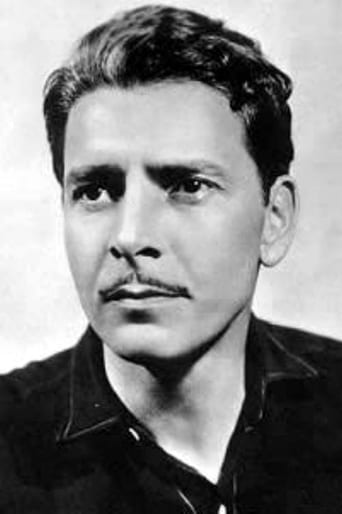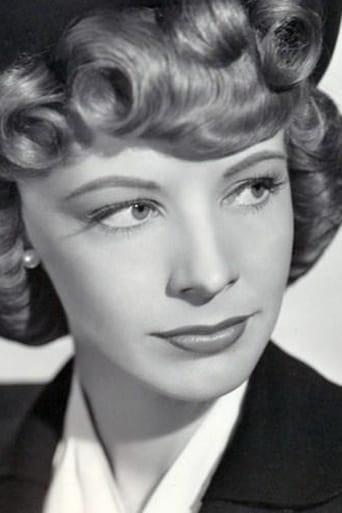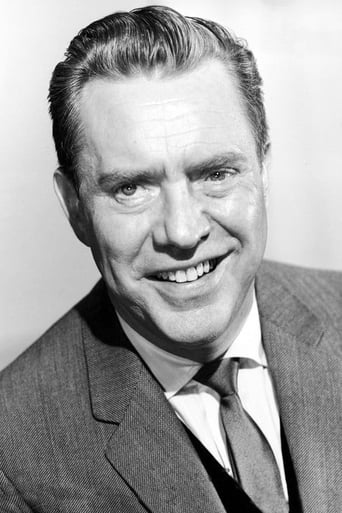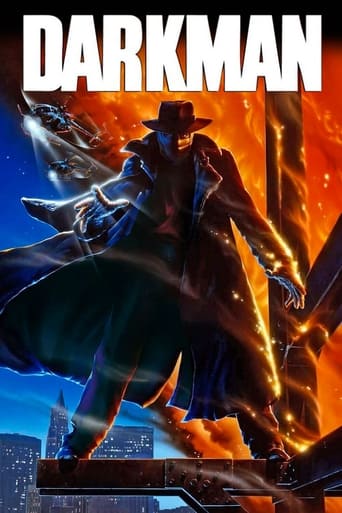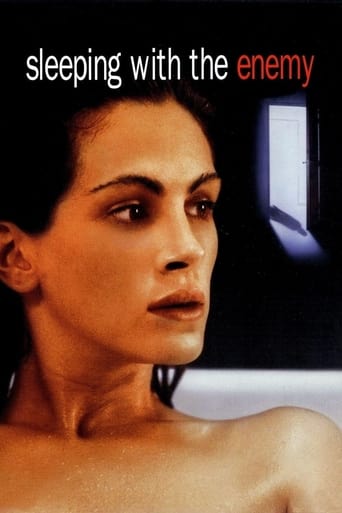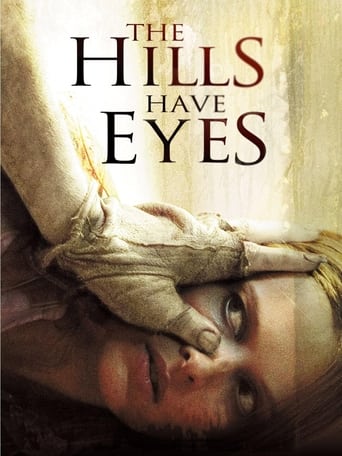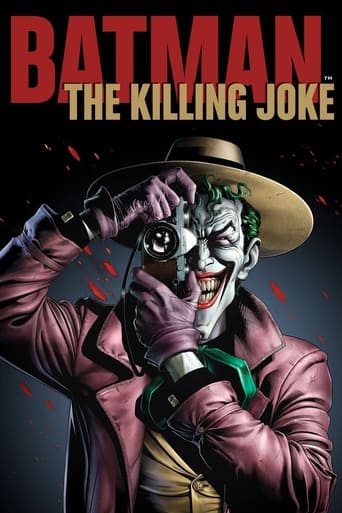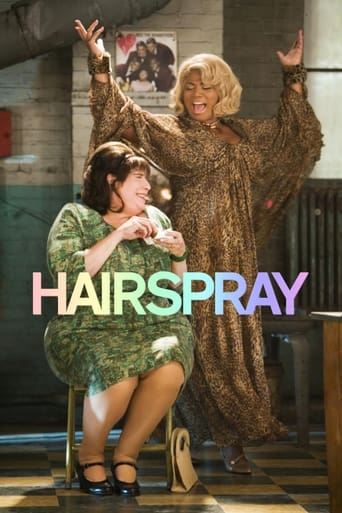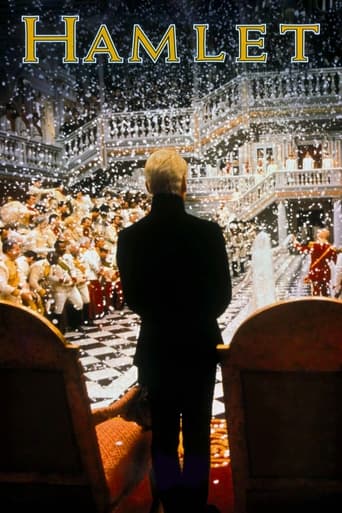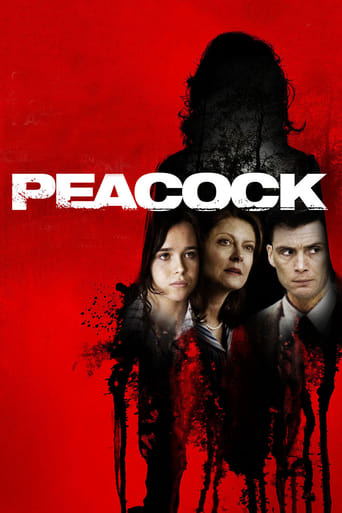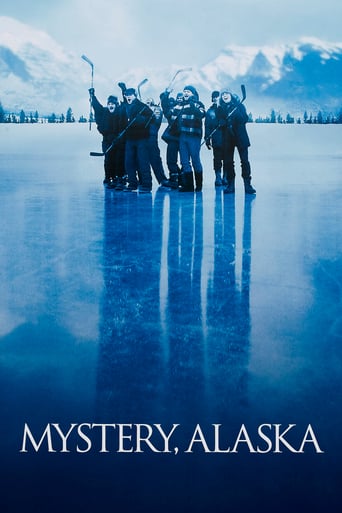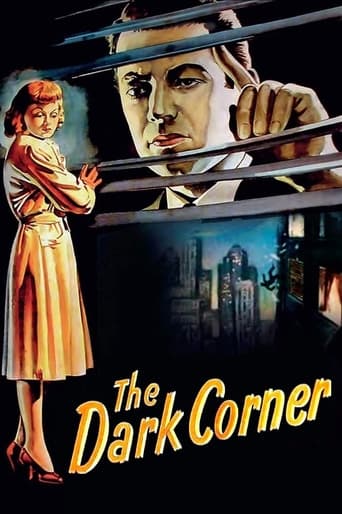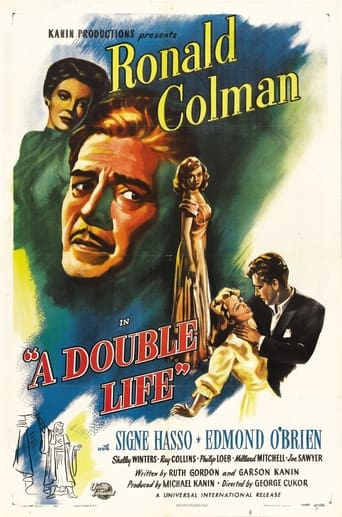
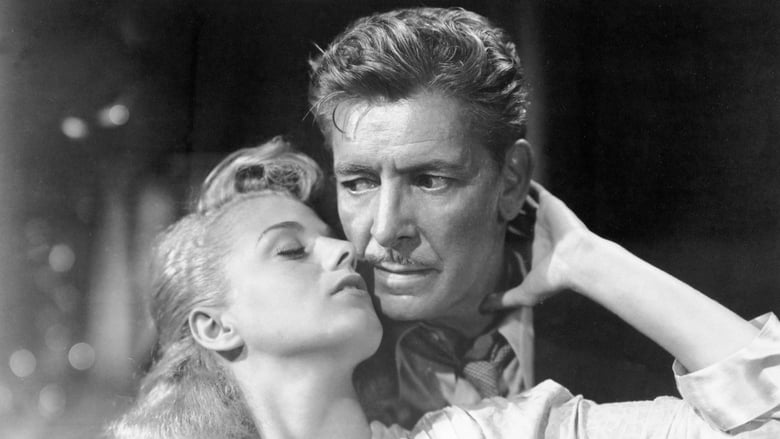
A Double Life (1947)
A Shakespearian actor starring as Othello opposite his wife finds the character's jealous rage taking over his mind off-stage.
Watch Trailer
Cast


Similar titles
Reviews
Very very predictable, including the post credit scene !!!
One of my all time favorites.
I enjoyed watching this film and would recommend other to give it a try , (as I am) but this movie, although enjoyable to watch due to the better than average acting fails to add anything new to its storyline that is all too familiar to these types of movies.
The film never slows down or bores, plunging from one harrowing sequence to the next.
A DOUBLE LIFE proved beyond doubt the quality of Ronald Colman as a screen actor. As Anthony John, the Broadway star whose characterization of Othello eventually consumes him, he turns in a powerful performance, highlighted by George Cukor's sensitive direction. He begins the film in his familiar urbane manner, but as the strain of portraying such a role gets the better of him, so he begins to become more hysterical in the delivery of his lines. Through an intelligent use of voice-over, that compliments the actor's increasingly disheveled appearance, director Cukor shows art and life become totally confused in his mind, as he consciously mistakes the young server Pat Kroll (Shelley Winters) for Desdemona, with tragic consequences. A DOUBLE LIFE is a visual feast, intelligently photographed by Milton Krasner; the repeated shot of the theater curtain rising and falling - often in shadow - reminds us of how much the stage dominates Anthony's life, as well as signaling the film's denouement. In a series of two-shots, the shadows keep falling across the faces of the women in Anthony's life - his ex-wife (and costar in the Othello production)) Brita (Signe Hasso), Pat Kroll - suggesting that their lives are somehow fated through association with the star. Designer Harry Horner's sets are lush yet threatening, the heavy furniture pressing in upon Anthony as he tries to make sense of an increasingly disordered life; there are several close-ups of his face shot against the shadows of the banisters, suggesting imprisonment. In a strategy that foreshadows a similar technique in THE HEIRESS (1949), also designed by Horner, Anthony is shown climbing stairs, suggesting that he has mental as well as physical levels to contend with. The fact that he fails in this task draws further attention to his disordered state of mind. The actual performance of "Othello" is somewhat stagy, with the actors standing and declaiming their lines in a conscious evocation of late nineteenth century styles of production. However this technique gives Cukor the opportunity to focus on the actors in close- up, especially Colman and Hasso, as Hasso realizes (to her horror) that her death-scene as Desdemona might be taking place for real. A DOUBLE LIFE is a powerful film, showing the lengths to which actors can go to give a truthful performance, and how it can affect their mental state.
Perhaps the only film which could be called a "Shakespearean Noir." It features extended scenes from Othello, a play within the film, and maybe if I knew that story a bit better I would have enjoyed the film more. The movie does have a great look to it and a great conclusion so the literary among you will enjoy it. The film was nominated for four Oscars and won two including Best Actor for Ronald Colman, so the powers that be obviously didn't consider it to be just a typical grimy B film when it was released like most films we now label as noirs. It does include a scene with the typical gang of 5 detectives from the homicide squad. You know the ones, always full of colorful characters telling jokes. Loudly saying insensitive things like, "Looks like we got a very routine knock off here." as they enter a sensitive crime scene surrounded by locals who probably knew the deceased.
An unstable stage actor has trouble separating his roles from real life, leading to tragic consequences. Colman won an Oscar for this because this is the type of showy performance that the Academy loves. It is not the actor's best performance, although the problem may be with the role as written, of a silly Jekyll & Hyde personality. Hasso fares better as his long-suffering companion, and a slim Winters looks very nice as a waitress. It has good cinematography and score, but the script is dull, melodramatic, and contrived. Cukor doesn't help matters with his hammy direction. Too much screen time is devoted to scenes from "Othello," making the film quite tedious.
Ronald Colman plays a famous Broadway actor who has begun to lose his mind and sense of identity. After years of playing a wide range of parts, he can't remember who he exactly is--who are his roles and who is the self. And, much more serious, he begins to see and hear his play even in regular everyday life. So, since he's currently playing in "Othello", he begins to act jealous and suspicious--just like the title character. Ultimately, it leads him to the depths of insanity and murder.I saw this film years ago and liked it. I just saw it again and loved it. Now perhaps some of my enthusiasm is because I have always liked Ronald Colman and this is a great triumph for him--and for which he earned the Best Actor Oscar. And, looking at the competition that year (Gregory Peck for GENTLEMAN'S AGREEMENT, John Garfield for BODY AND SOUL, William Powell for LIFE WITH FATHER and Michael Redgrave for MOURNING BECOMES ELECTRA), I think Colman was a very good choice, as he stretched from his usual comfort zone and did a much more demanding role.Now I noticed that one reviewer hated this film because they hated Shakespeare--and this took up about half their review talking about their dislike for him. However, this film isn't really about Shakespeare, and it doesn't matter at all if you dislike Shakespeare. I am no huge fan of Shakespeare, but marveled at the small portions of the play that Colman re-enacted--though, as I said, this is NOT a really movie about Shakespeare. Instead, it's a wonderful portrait of an actor losing his mind and mixing his stage role with reality. It could have been ANY play, though "Othello" was an excellent choice because of the murder scene--which gets acted out for real later in the film.Overall, a very clever film due to a lovely script--with some overtones of Film Noir. Fortunately, the acting was terrific also, as Colman had excellent support from Signe Hasso, Shelly Winters and Edmond O'Brien (who was particularly good--he played his part just right). And, considering the great George Cukor was directing, it's no wonder it's a wonderful film from start to finish.


